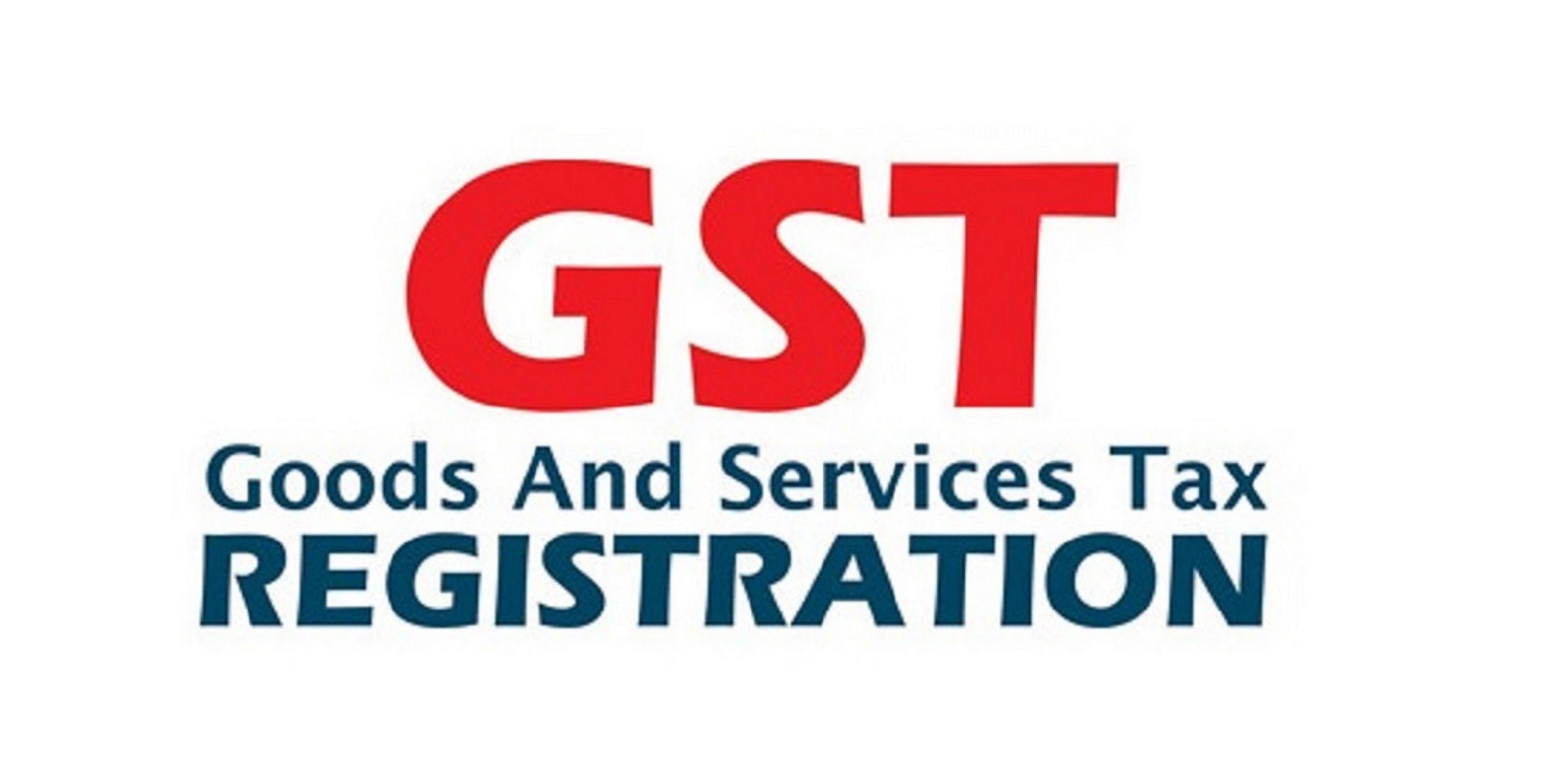Navigating the Intricacies of GST Registration: Professional Tips and Finest Practices for Easier Conformity
From deciphering enrollment requirements to harnessing technological tools for structured processes, the journey in the direction of smoother GST compliance is nuanced and diverse. Keep tuned to uncover crucial techniques and insights that can aid businesses guide with the complexities of GST enrollment with skill and confidence.
Understanding GST Registration Requirements

In enhancement to turnover limits, businesses participating in interstate sales or providing taxed solutions may also be needed to register for GST, also if their turn over is listed below the recommended limit (Singapore GST Registration). Understanding these limits and demands is important to prevent charges and guarantee smooth procedures within the legal structure
Furthermore, organizations should collect and prepare the essential paperwork, such as evidence of identification, address, organization unification, and savings account information, before launching the GST enrollment procedure. Failing to provide accurate information or satisfy the enrollment target dates can lead to penalties or other legal consequences. For that reason, companies should remain notified regarding the details GST enrollment requirements suitable to their operations to preserve compliance and avoid prospective concerns.
Organizing Necessary Documentation
Services starting the GST registration process should meticulously compile and arrange the necessary documentation required for entry. The vital records generally needed for GST registration include proof of company enrollment or consolidation, address and identity proofs of the organization owners or companions, bank account information, evidence of primary place of company, and consent types. Making sure that these records are readily available and organized can simplify the enrollment process and protect against delays or beings rejected.
To efficiently arrange necessary documents, businesses need to create a centralized system for keeping and categorizing the called for paperwork (Singapore GST Registration). Making use of electronic storage remedies can assist maintain simple gain access to and make certain that documents are securely stored. Furthermore, establishing a checklist of all essential documents can function as a handy device to track what has actually been gathered and what is still required for entry

Leveraging Modern Technology for Effectiveness
Enhancing functional effectiveness via technological assimilation is critical for modern companies browsing the complexities of GST registration. One of the key means innovation can aid in GST registration is through the usage of automated software solutions.
In addition, technology can assist in seamless interaction with tax obligation authorities. On-line sites and communication tools make it possible for services to send papers, solve queries, and get updates in a much more reliable manner. This not only quickens the enrollment procedure however additionally helps in preserving trustworthy and clear interaction with the relevant authorities.
Moreover, cloud-based storage services supply a safe visit and secure platform for businesses to shop and access their financial data, guaranteeing compliance with GST record-keeping requirements. By streamlining data storage space and automating processes, companies can improve their general effectiveness and precision in GST enrollment image source procedures.
Proactive Compliance Monitoring

To guarantee effective aggressive conformity surveillance, services ought to develop robust internal controls, conduct periodic audits, and utilize automation tools for real-time monitoring of GST deals. Routine training sessions for workers on GST conformity demands can additionally help in producing a society of compliance within the company. Additionally, engaging with tax professionals or professionals can provide beneficial insights and advice on browsing complex GST guidelines.
Engaging With Professional Specialists
Involving experienced tax obligation specialists can considerably strengthen a business's understanding and conformity with elaborate GST laws. Expert professionals bring a riches of understanding and experience to the table, assisting companies browse the intricacies of GST registration with ease. By you could check here leveraging their proficiency, business can make certain accurate filings, decrease the risk of errors, and remain current with the most recent regulative adjustments.
When involving with expert specialists, it is vital to select specialists with a solid performance history in GST compliance (Singapore GST Registration). Search for experts that have a deep understanding of the appropriate legislations and guidelines, along with experience collaborating with organizations in your industry. Efficient communication is crucial in this partnership, so see to it to plainly specify your assumptions and develop normal touchpoints to talk about progress and address any issues
Moreover, specialist consultants can provide valuable understandings and advice on optimizing your tax strategy, recognizing possible cost-saving possibilities, and improving your conformity processes. Generally, purchasing expert consultancy services can go a long way in making sure smoother GST compliance and staying clear of costly errors.
Conclusion
Finally, browsing the complexities of GST registration requires a comprehensive understanding of the requirements, company of essential documentation, leveraging modern technology for performance, positive compliance surveillance, and involvement with specialist specialists. By following these ideal methods, businesses can ensure smoother conformity with GST policies and stay clear of prospective penalties or fines. It is important to remain notified, aggressive, and thorough in handling GST registration to preserve compliance and maintain financial honesty.
To make sure compliance with tax regulations, services have to completely comprehend the detailed demands for GST enrollment. Goods and Solutions Tax (GST) is a value-added tax obligation imposed on many goods and solutions in a nation, making it essential for organizations to sign up for GST to stay clear of lawful consequences.Moreover, organizations need to gather and prepare the required documents, such as evidence of identity, address, organization incorporation, and financial institution account information, prior to initiating the GST enrollment process. Services should stay notified about the certain GST enrollment requirements relevant to their operations to maintain compliance and prevent possible issues.
The essential records normally required for GST enrollment consist of evidence of business registration or consolidation, identification and address proofs of the service owners or partners, bank account information, evidence of major area of organization, and consent kinds.